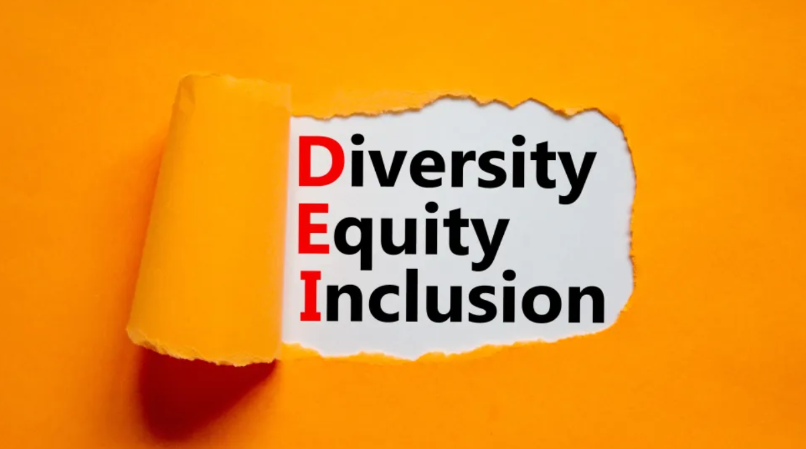Google Revises Its DEI Strategy

The American corporation Alphabet $GOOGL, parent company of Google, has announced significant changes to its policies regarding diversity, equity, and inclusion (DEI). These updates include abandoning the goal of increasing the number of employees from underrepresented groups and revising current DEI initiatives. This decision aligns with a broader trend among major US companies scaling back diversity programs previously aimed at enhancing workplace inclusivity.
Context of the Issue
Google has long positioned itself as a leader in social responsibility, especially following the mass protests in 2020 connected to the killings of African Americans, including George Floyd. The company publicly supported initiatives to combat discrimination and protect the rights of underrepresented groups.

However, the shift of major corporations towards a more reserved DEI policy remains a subject of extensive discussion. The impact of economic uncertainty, political pressure, and a focus on optimizing business processes calls into question the long-term sustainability of such initiatives.
1. Economic Impact. As companies adapt to current economic conditions, they begin to optimize their budgets, which affects social initiatives. DEI programs often require substantial investments in staff training, cultural change, and attracting specialists.
2. Political Pressure. Some companies may face regulatory changes, such as those implemented during the Trump administration. This includes measures aimed at curbing DEI programs perceived as discriminatory.
3. Focus on Core Business Tasks. Google is increasingly concentrating on key business areas such as cloud computing, artificial intelligence, and working with government contracts. This drives the company to redistribute resources and focus on developing the most profitable sectors.
Specific Initiatives by Google
To understand the current changes, let’s look at what the company is focusing on:
- Reorganization of Hiring Policies. Google has abandoned the goal of hiring more employees from underrepresented groups, citing economic realities.
- Review of Government Contracts. The company is paying attention to the requirement for federal contractors to comply with non-discrimination measures based on sex, race, and religious beliefs.
- Reduced Emphasis on Public DEI Initiatives. The company’s activities aimed at promoting social inclusion have become less noticeable compared to the peak period in 2020.

Main Trends
- In 2020, companies widely announced plans to enhance inclusivity. However, as of 2023, many giants—from the tech sector to the banking industry—are reassessing their commitment to these goals. Reasons vary from increasing economic challenges to shareholder pressure.
- Government initiatives and US administration policies continue to influence the priorities of large corporations, including work on DEI.
Google’s decision to reconsider its DEI initiatives may affect not only its own image but also the perception of the company in the eyes of investors, clients, and the public. In an environment of growing volatility, companies are striving to balance achieving business goals and fulfilling social obligations.
For the major tech sector, such changes symbolize a new era where social responsibility programs take a back seat to optimization and efficiency.


The company's revised strategies may lay the groundwork for stronger positioning in global markets
Rapid advancements in blockchain technology are driving innovative finance approaches
Interesting shift by Alphabet - curious to see how this impacts company culture long-term.